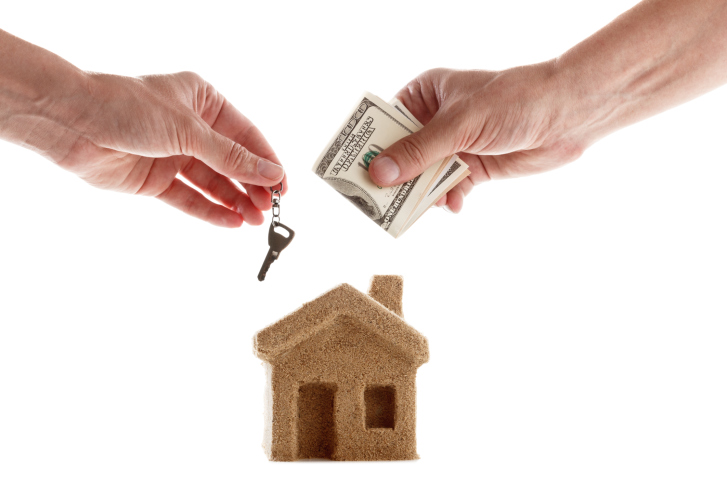The Down Payment: Four Great Reasons To Make The Largest Down Payment You Can Afford
 If you’re looking for a new home, you’ve probably heard lots of advice about down payments. About how it’s okay to just have a five percent down payment – you’ll still get approved. About how you should make the down payment as small as possible to avoid cash flow problems.
If you’re looking for a new home, you’ve probably heard lots of advice about down payments. About how it’s okay to just have a five percent down payment – you’ll still get approved. About how you should make the down payment as small as possible to avoid cash flow problems.
In truth, you’re actually better off making the largest down payment you can possibly afford. Even if you have to slice up other areas of your budget, save for a few more years before you buy, or take a second job on the weekends, it’ll be worth it in the end. Here are just four reasons why you should make the largest down payment possible.
You Can Avoid Useless Insurance Premiums
Although you can buy a house with as little as a five percent down payment, it’s in your best interest to make a much larger down payment if you can. Mortgage insurance premiums can be as high as one percent of the loan’s value, which means until you’ve invested 20 percent of the home’s value in equity, you’ll have to pay an extra one percent every year. If you pay at least 20 percent of the purchase price upfront, you’ll be able to avoid having to get private mortgage insurance – so you keep more of your money in your own pocket.
You’ll Pay Much Less Interest
The less you have to borrow, the less you have to pay back – for more reasons than one.
When you take out a mortgage, the interest rate applies to the principal amount that you owe – and over time, the interest can run on top of interest, quickly outpacing the original sum. Having a larger down payment means the interest applies to a smaller sum. And that means it accumulates slower and ends up being a smaller amount over time.
You’ll Have More Ammunition In A Bidding War
Offering up a larger down payment is also a great way to make sure you get your dream house, especially if it’s a popular property with multiple offers. The seller isn’t just going to consider who offers the most money – they’re also going to consider which buyer is most likely to get a mortgage. After all, failing to get a mortgage is one of the most common reasons why real estate deals fail.
If you can show that you’re able to make a larger down payment, you’ll have a better shot at getting a mortgage – and that means sellers will prioritize you over other buyers.
You’ll Get A Great Start On Building Equity
Your home equity is equal to the difference between your home’s fair market value and the amount of debt invested into the home. If you don’t have enough equity in your home and home prices in your neighborhood fall, you may find yourself in a situation where you owe more money on your home than it’s worth – a phenomenon known as negative equity. By making the largest possible down payment you can, you’ll have a great head start on building your home’s equity – which may help you profit if you decide to sell in the future.
Buying a house isn’t easy, but making the largest down payment you can afford will give you a great financial head start on home ownership. Want to learn more about how to afford the home of your dreams? Contact your local mortgage professional today for practical advice to help you maximize your down payment.

 If you’re like most homeowners, you probably believe that one missed mortgage payment won’t have a noticeable impact on your FICO score. People get behind now and then, and besides, you’ve been faithfully making payments on time for years. How bad could it be?
If you’re like most homeowners, you probably believe that one missed mortgage payment won’t have a noticeable impact on your FICO score. People get behind now and then, and besides, you’ve been faithfully making payments on time for years. How bad could it be? Mortgages are expensive, and closing costs only add to the financial burden that homebuyers face. But with a little knowledge, you can pinpoint places to save on your mortgage closing costs and keep more money in your pocket. When you’re negotiating your next mortgage, use these tips to reduce required closing costs and keep more of your hard-earned money.
Mortgages are expensive, and closing costs only add to the financial burden that homebuyers face. But with a little knowledge, you can pinpoint places to save on your mortgage closing costs and keep more money in your pocket. When you’re negotiating your next mortgage, use these tips to reduce required closing costs and keep more of your hard-earned money.